Weekly recaps

Recap / Best of Last Week – Global temperatures unprecedented, fusion ignition, older people have more COVID antibodies
It was a good week for earth science, as a trio of researchers from the Swiss Federal Institute of Technology, Yale University and The University of Texas at Austin revealed the fate of sinking tectonic plates. Some are ...
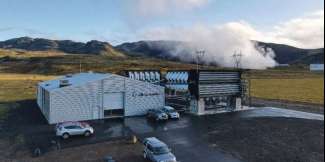
Recap / Best of Last Week – Drivers of flash droughts, pulling carbon from the air, how long COVID-19 vaccinations last
It was a good week for Earth science research as a team at Harvard University found evidence suggesting that on ancient Earth, it never rained but it poured during times when the planet was 20 to 30 degrees Celsius warmer ...

Recap / Best of Last Week – No sterile neutrino found, predicting how clothes will look, reducing diabetic organ failure
It was a good week for space research as a team with members from several institutions in the U.S. and one in China found evidence of what might be the first planet discovered outside of the Milky Way galaxy. Also, an international ...
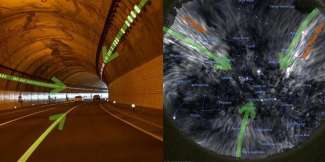
Recap / Best of Last Week – Magnetic tunnel surrounding our solar system, swarming legged robots, a new way to treat diabetes
It was a good week for space science as an international team of astronomers used NASA's Transiting Exoplanet Survey Satellite to watch as a white dwarf switched on and off. Also, another team made up of astronomers from ...

Recap / Best of Last Week – A way to defend against asteroids, scale of data sharing, half of infected people get long covid
It was a good week for space research, as an international team of astronomers discovered strange radio waves emerging from the direction of the galactic center—its high polarization suggested the light was oscillating ...

Recap / Best of Last Week – Double galaxy mystery, turning books into digital art, evidence of a team brain state
It was a good week for space science as an international team of researchers found that an extreme exoplanet was even more exotic than originally thought—WASP-76b was found to be hotter than expected. Also, a "double" galaxy ...
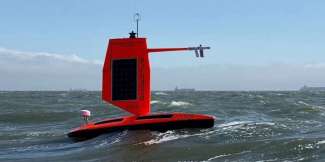
Recap / Best of Last Week – Drone sails into a hurricane, robot that can navigate sidewalks, a pill to treat COVID-19
It was a good week for earth science as a team of researchers at the U.S. National Oceanic and Atmospheric Administration, captured footage from inside of a hurricane using an ocean drone. Called Saildrone, the surfboard-shaped ...

Recap / Best of Last Week – Glimmers of human history, new solid-state battery, health benefits of exercise in middle age
An international team using genetic analysis to study human history reported glimmers of human history as they tied a gene to growth factors. A shortened version of a variant known as GHRd3 appeared to have helped people ...
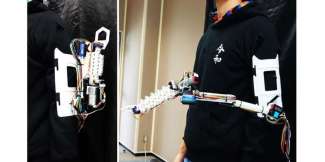
Recap / Best of Last Week – Possible detection of dark energy, an augmented limb, a hydrogel for cartilage repair
It was a good week for astrophysics as a team of researchers at the University of Cambridge suggested that some unexplained results from the XENON1T experiment may have been an instance of detection of dark energy. Also, ...
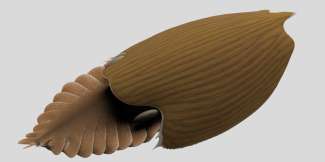
Recap / Best of Last Week – Colorized Tasmanian tiger, shape-shifting animals, medications accumulating in the gut
It was a good week for scientists studying extinct creatures, as a team at Composite Films offered a new look at the extinct Tasmanian tiger by colorizing old film footage of the wolf-like thylacine, which was last seen over ...
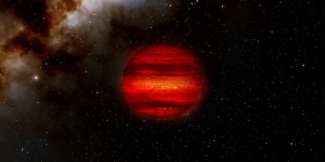
Recap / Best of Last Week – Discovery of hidden brown dwarfs, internet at risk of solar storm and reducing salt saves lives
It was a good week for space science as a team at NASA's Jet Propulsion Laboratory announced that the 1,000th near-Earth asteroid since 1968 had been spotted—such sightings, the team noted, help space scientists learn about ...

Recap / Best of Last Week—New agents to fight COVID, Pfizer vaccine safety confirmed, flavonoid-rich foods help blood pressure
It was a good week for the biological sciences as a team at Maxwell Biosciences reported on their work that involved developing new agents that work against viruses that cause such diseases as COVID-19 and herpes. They have ...